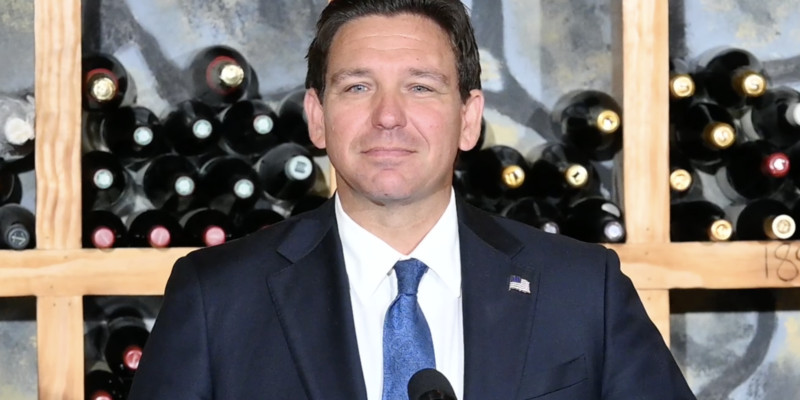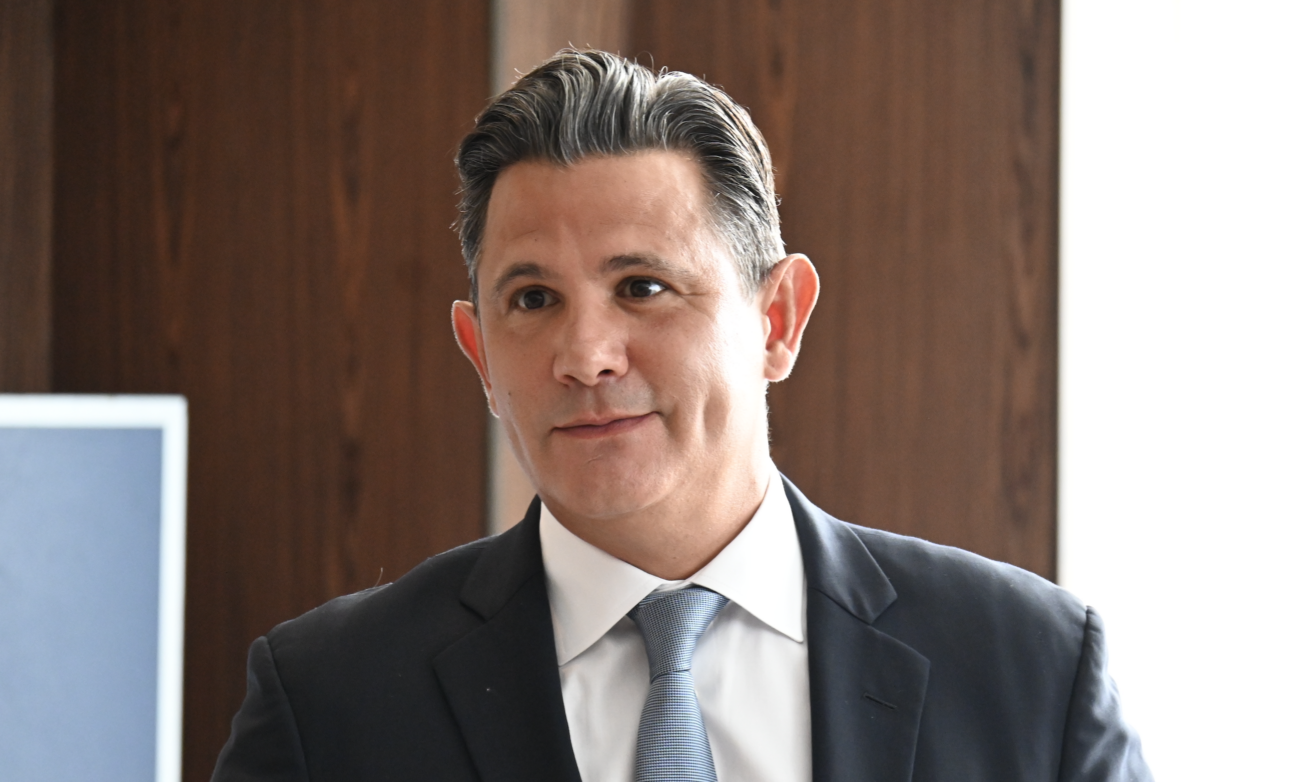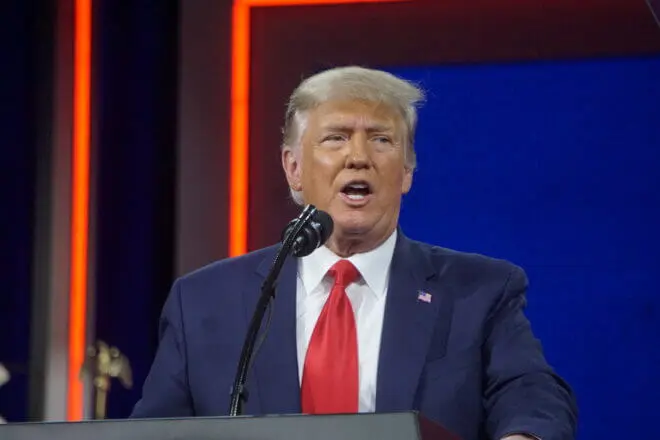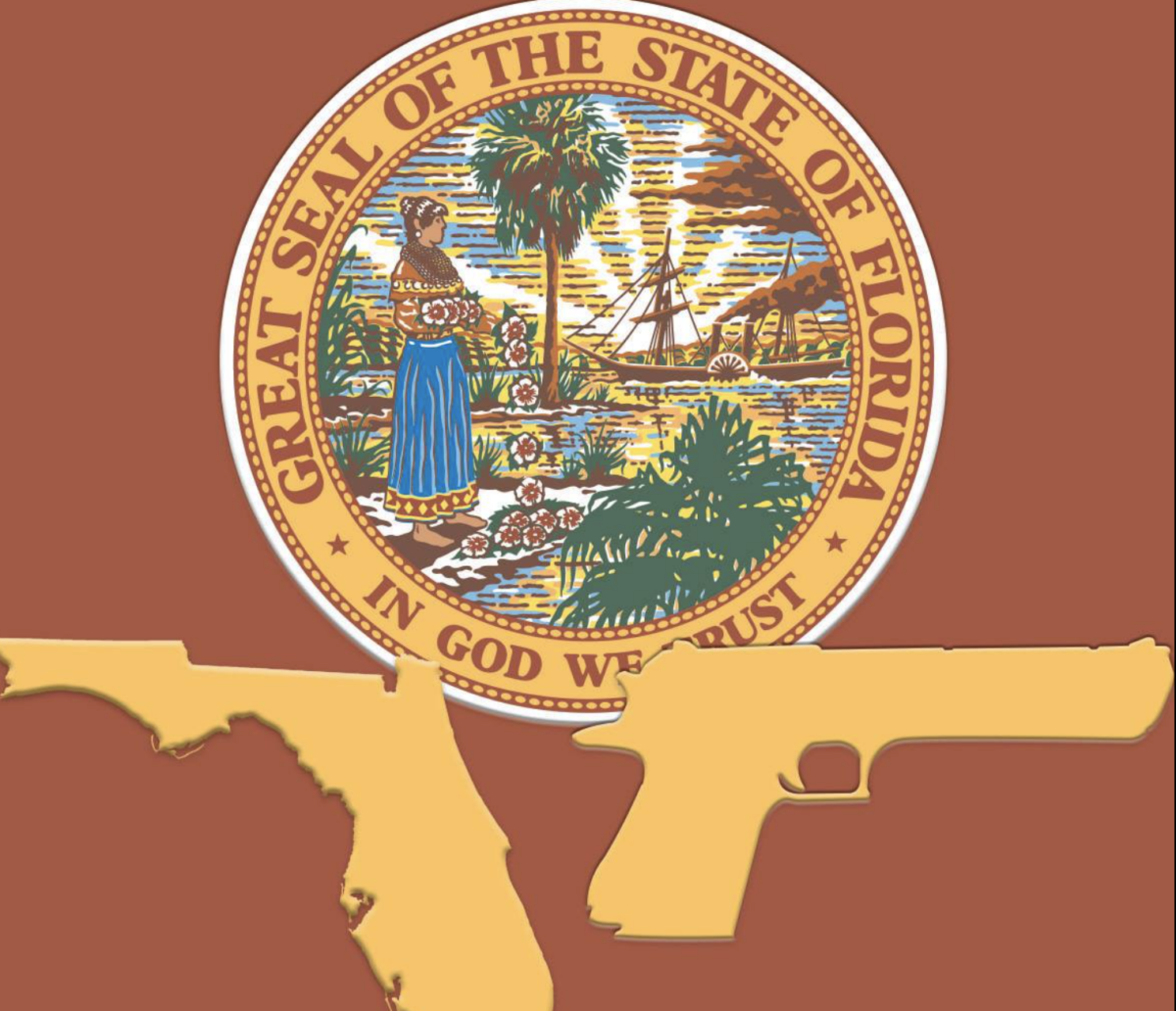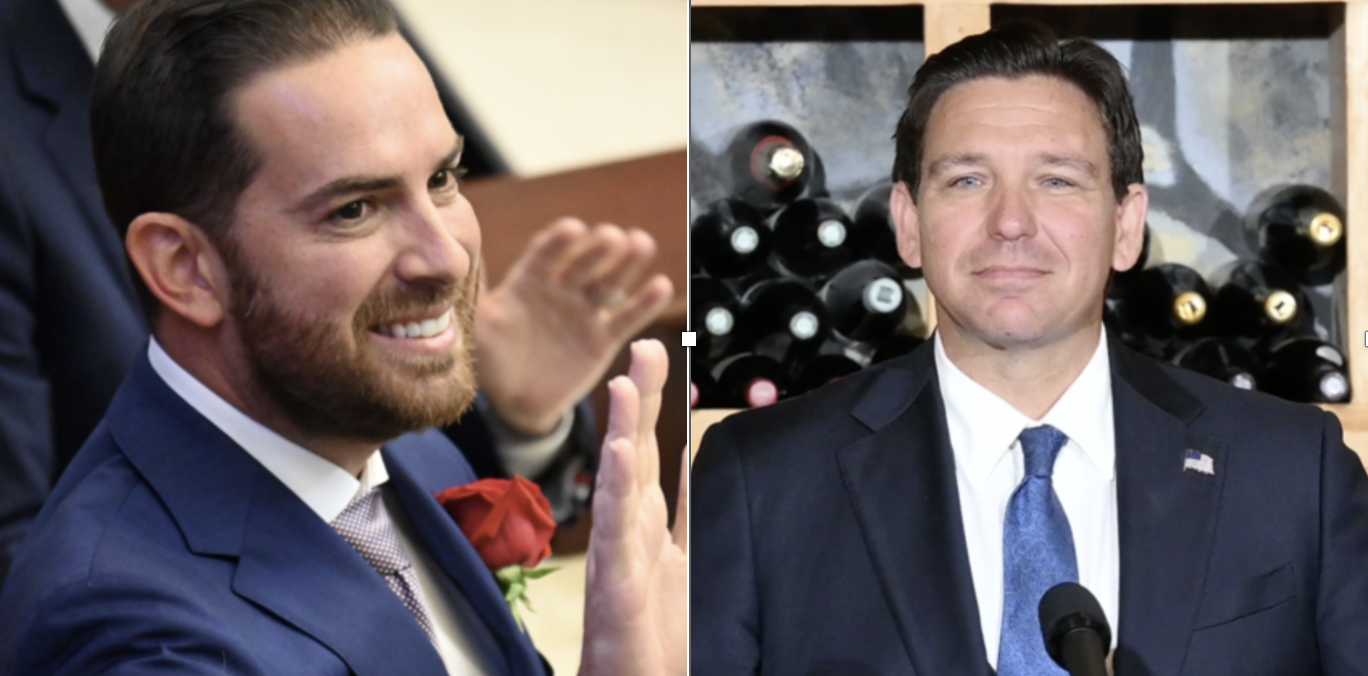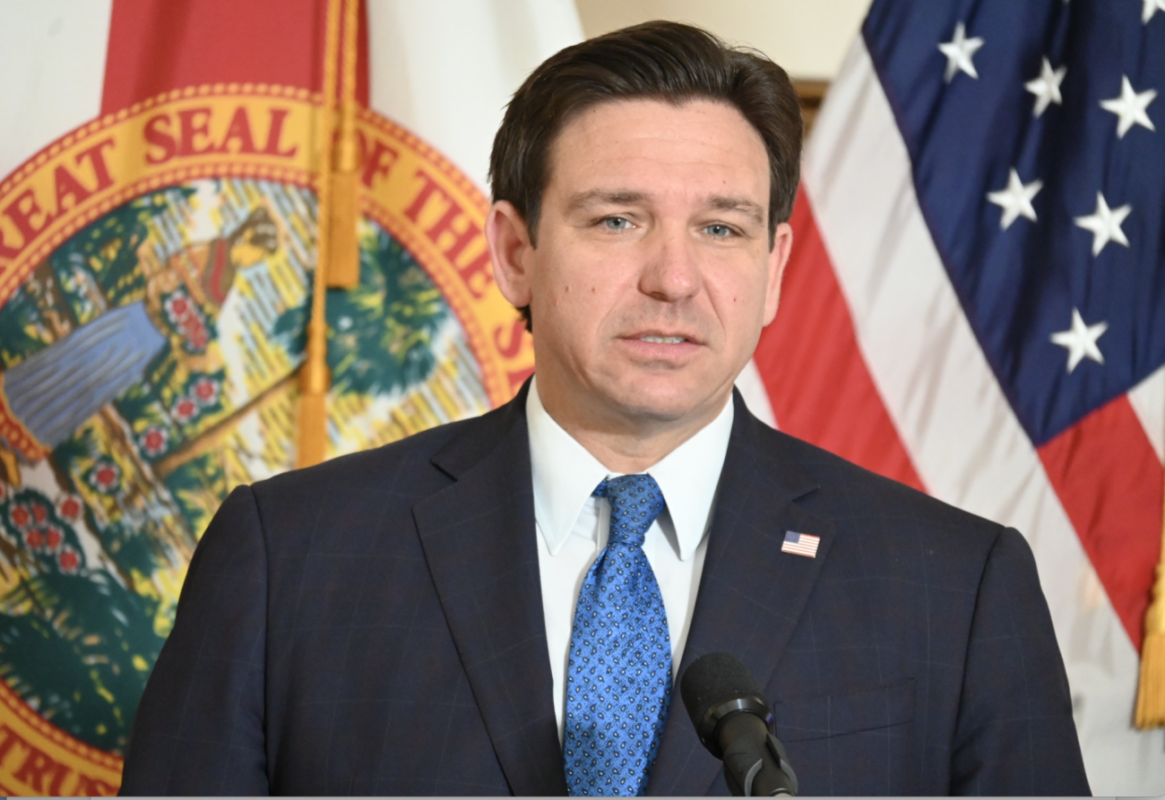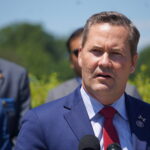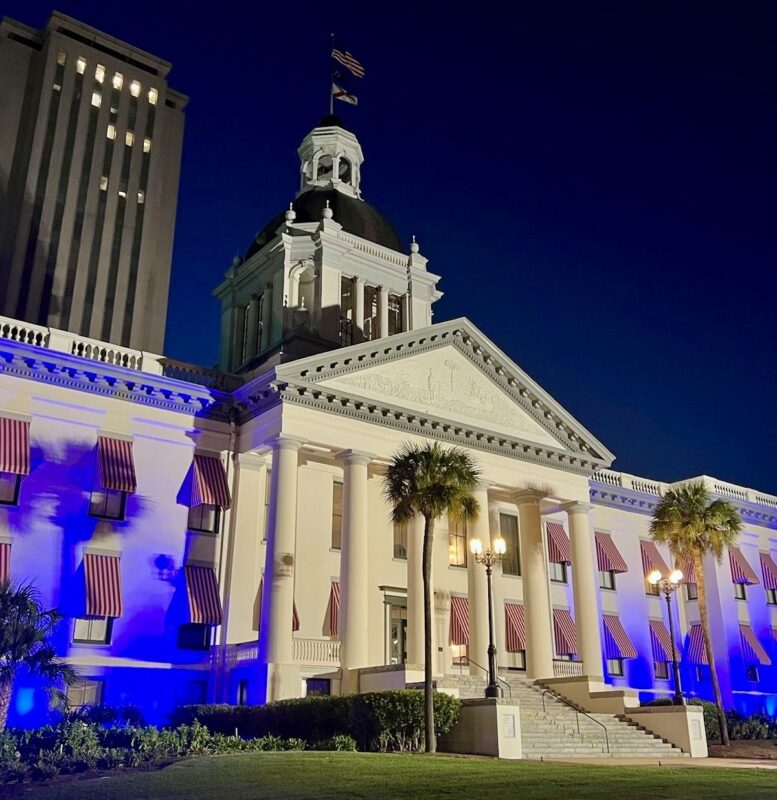Gov. Ron DeSantis on Monday announced that he will call a special session for the last week of January to bolster President-elect Donald Trump's anti-illegal immigrant agenda.
The Florida Governor's comments come one week before Trump—whose top priority is combatting illegal immigration—will be inaugurated. DeSantis, who says he has been in contact with Trump and "key members" of his transition team, will sign an executive order after the inauguration to call the Florida Legislature into special session starting Jan. 27.
"Florida must help the Trump administration enforce our nation's immigration laws," DeSantis said at a Tallahassee press conference, speaking to reporters from the Governor's Suite in the state Capitol. "In order to do that effectively, we are gonna need legislation to impose additional duties on local officials and provide funding for these local officials."
The governor suggested that some of those laws may include holding people who violate Florida's anti-sanctuary policies "accountable," to ensure the Sunshine State has no "lingering incentives." That may mean utilizing the State or National Guard, he said.
Others include taking up state Sen. Randy Fine's bill to eliminate in-state tuition for undocumented high schoolers.
"I think Florida has really done a great job with one lingering exception," DeSantis continued, referencing the 2014 law Fine is seeking to repeal sponsored by then state Rep, now Lieutenant Governor, Jeanette Nuñez. "That is a benefit; you're rewarding someone for being here illegally [with in-state tuition]."
The special session will cover the last week of January, starting on Jan. 27 and expected to end on Jan. 31 at the latest. Other issues to be addressed during that week will include condominium reforms, hurricane relief, homeowners' insurance issues, and reforming the process to petition the state for a constitutional amendment change, inspired by controversies during the latest election cycle.
But the number one issue, DeSantis said, will be immigration—a top Trump priority that will help Florida move in tandem with the next administration's agenda. Because Trump will take office on Jan. 20, DeSantis stressed that the Sunshine State should be in lockstep with the future President from the get-go.
The best way to do that?
A special session immediately after the inauguration.
In 2023, Florida passed some of the most severe anti-illegal immigrant legislation in the country, reflecting an increasing conservative distaste for the country's porous Southern border and the Governor's own presidential hopes.
The sweeping law cracked down on undocumented immigrants, most notably enforcing an online system allowing employers to check their employees' immigration status—called E-verify—and mandating Medicaid-accepting hospitals to ask emergency room patients their immigration status.
Now, the governor wants more.
The regular session will begin March 4.

